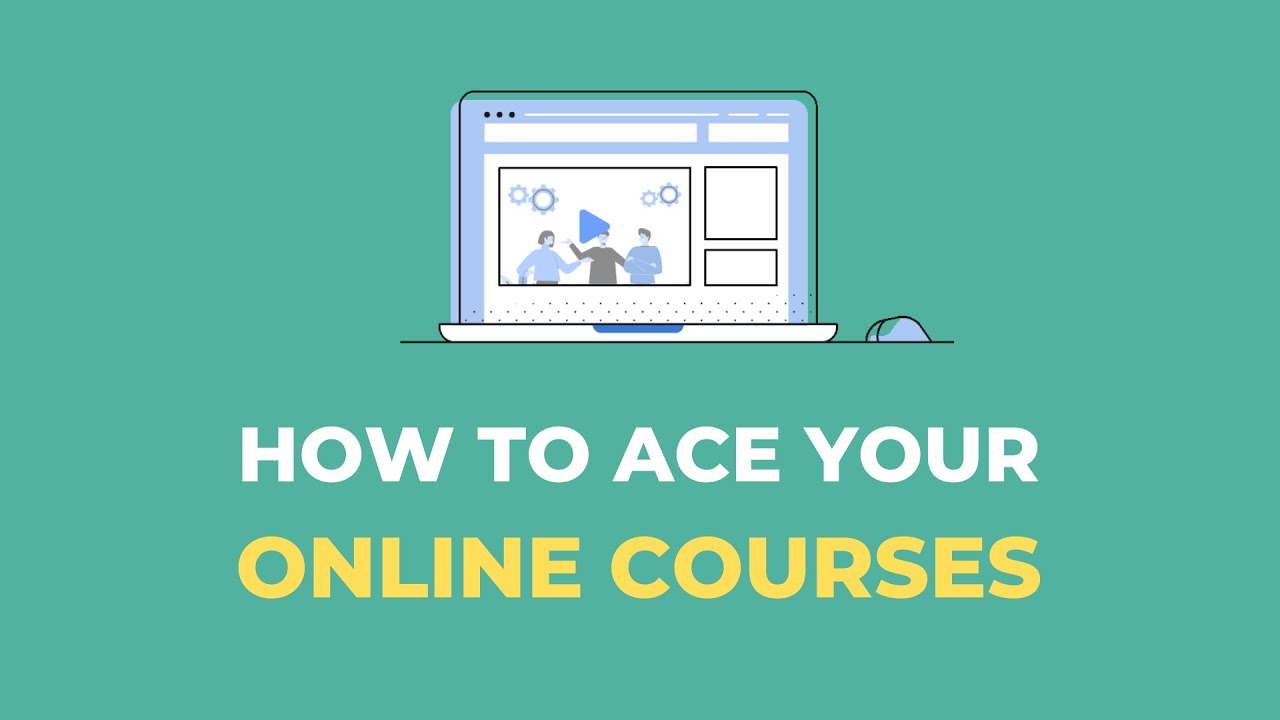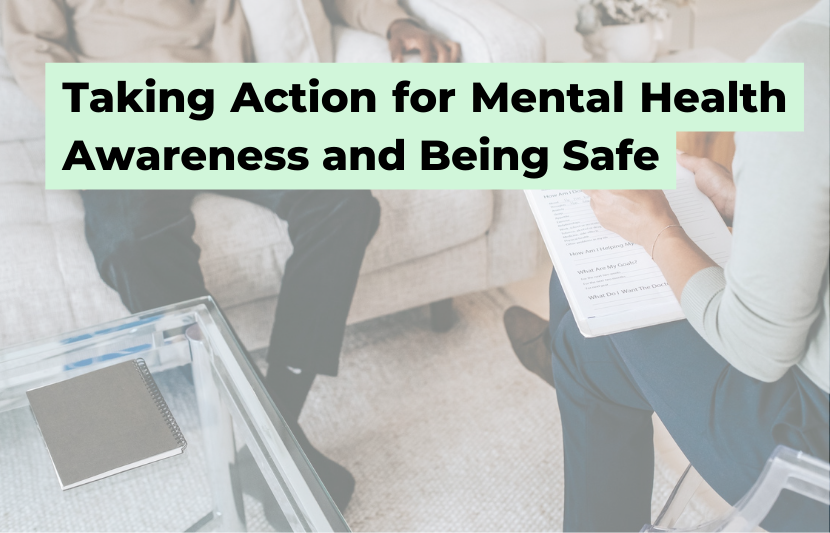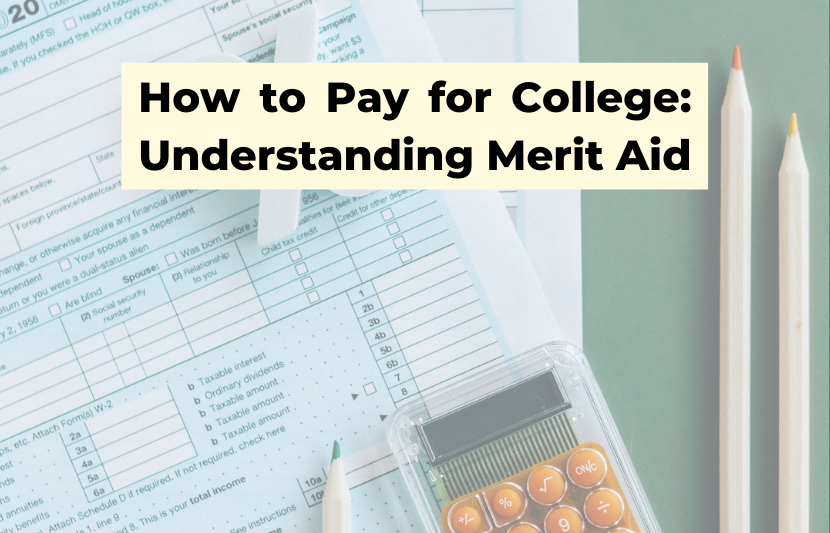In this episode of TUN TV, Dr. Crystal Rose interviews April Paris-Joseph, founder of Paris Educational Solutions, about the five things parents need to do before their child goes off to college.
Dr. Rose: Welcome to The University Network TV where we scan the globe to give students, their families, and educators the very best tips for student success. I’m your host today. Dr. Crystal Rose. In this college admission series, we’re exploring the other side of the college admissions process – sending your student off to school.
If you have students that will be attending school in the fall – parents and students – listen to this because you can take part in this effort. You can even remind your family. In today’s episode, we’ll cover the “Top 5 Things You Need to Do Before Your Child Heads Off to College.”
We’ve invited April Paris-Joseph of Paris Educational Solutions to explore this topic with us. April is passionate about adolescent development and education. Her time as a mom has led her down some unexpected pathways helping her own children navigate the process.
And now, she supports others through their college advising program, Paris Educational Solutions, where her students gained acceptance to schools like Columbia, Stanford, NYU, Duke, Georgetown, Amherst, Colgate, Howard, Hampton and other top-tier institutions. Her first cohort of students also earned over $2 million in merit and financial aid.
Welcome, April.
Paris-Joseph: Hi, Crystal. Thanks for that great introduction.
Dr. Rose: Absolutely. Well, thank you for joining this important topic. I know you have written about this subject. You’ve experienced it yourself, and you are probably about to experience this again, right?
Paris-Joseph: I actually am. I’m in the middle of it right now.
Dr. Rose: Wonderful. We’ll include a link to your blog below this video. Understandably, there’s a lot of anticipation around a student going off to college that sometimes we forget all the things that we need to do. Having this list from you will be a helpful start. Let’s hop right in.
First on the list for the top five things to do is, financial. I see here, FERPA. For those who don’t know what it is, can you please tell us what a FERPA is? And why should parents make sure they get this before their children head off to campus?
Paris-Joseph: Yeah. So, FERPA is the Family Educational Rights and Privacy Act. That’s what it stands for. And what is it? In elementary school, middle school and high school, it’s the family’s right to have access to their student’s records, grades, any kind of financial thing that’s going on there. But here’s the kicker. We always forget that when our child turns 18, the law does a flip on us. So now, as parents, you don’t have a right to that material anymore.
The good news is that colleges have gotten smarter and they’ve started to send students emails to say, hey, give your parents access to the financial materials. So, typically, a student can go and click a couple of buttons and Mom and Dad can have access to the tuition bill and that sort of thing. But the grades, you still have to negotiate that with your student – they have to release and give you the right to see their regular transcript and grade reports – depending on the student.
Dr. Rose: I can imagine that parents will want to have this on their list. Second on the list is, medical. What are the decisions parents need to make on the medical front once their child turns 18?
Paris-Joseph: The first thing – and this one really isn’t to deal with age so much as the location – so, when your child is leaving the state for college, you need to make sure that your insurance that they’ve used at home is going to travel with them seamlessly. Most do, but some don’t. You just have to dig into your policy and make sure they can still see a doctor, go to the ER and know what kind of charges you’re going to get if something happens outside of the state.
The other thing to think about is a health care proxy. Should your student be in a bad accident or something now, because they’re no longer under 18, you don’t have the same right to talk to their doctor. You don’t have the same rights to make medical decisions unless you have a health care proxy. I just think that’s another important one to get taken care of.
Dr. Rose: Great point. Third, we have legal. Could you please share with us some of the legal decisions and documents parents should be thinking about when their child goes off to college in the fall?
Paris-Joseph: The two big ones are a living will and a power of attorney. I personally think the power of attorney is more important because, once again, it’s the ability to make decisions for this person who’s now 18 and you don’t by default get to decide for them. You can’t just automatically sign for them should there be a need. This is again on that list of: gosh, I hope you never need these documents, but better to have it. As a side note for my kids, I hold this until they get married. That’s my role with them. When you get married, then your spouse will be your power of attorney. But from here, from 18 until then, someone has to be in the position to take care of you should you need it.
Dr. Rose: Really wise words from a parent who’s been there. The fourth action that parents want to explore has to do with insurance. What type of insurance should parents be exploring when their child matriculates into college?
Paris-Joseph: Again, we want to make sure the health insurance covers and travels with them. But curiously, often students need renters insurance. You see, you need to think about the value of that laptop. Are they taking some sort of stereo system or other expensive items that the student may have with them at school or in a dorm or in an apartment that maybe they’re renting off campus? Your homeowners policy – if you have that – won’t travel with your student to their new location. So, you have to think, how easily are you buying a new laptop if somebody decides to walk off with their laptop or other materials like that – the car, everything like that.
Dr. Rose: Those are really things that I think parents want to keep in mind when their children go off to college. It can often not be something that they take into consideration. Well, finally, the fifth action has to do with health. Can you walk us through some of the perhaps last-minute health considerations parents and students should be making?
Paris-Joseph: I think summer is a great time to make sure your student has a head-to-toe health check. Have they been to the optometrist? To the dentist? The orthodontist? Have they had their full physical, and are they up-to-date on all of their vaccines? Some doctors will recommend some additional vaccines because, you know, I refer to the college dorm as a petri dish. So, you just want to make sure that they’re covered for their health before they leave.
The other two really important ones to think about is, and it’s both from the same perspective, do you have a student with an ongoing health issue? Because if they do, you want an answer to “what are they supposed to do on the ground and somewhere else should they need it?” So, I think my favorite example is, you have a diabetic. What if they don’t manage their insulin and their food the same way they did at home, because life has changed so dramatically? Who’s going to take care of them? Who do they talk to? Do they have telehealth access to their old primary or do they need someone new?
The other one that I think is really important is mental health. If you have a student who’s had any type of anxiety or depression issues and they’re taking some sort of medication, you need to make sure there’s somebody on the ground that they can go to if they should need to make a change or have some sort of emergent need. You don’t want to get caught in an emergency trying to figure out what you’re going to do.
Dr. Rose: That’s a really concise list – financial, medical, legal, insurance and health. Thank you, April.
Dr. Rose: You’re welcome. Thank you for having me again.
Dr. Rose: Absolutely. You can find a link to April’s blog about this, as well as a helpful data visualization graphic, below. Thank you very much for joining us today on this episode of The University Network’s television network. I’m your host, Dr. Crystal Rose. Until next time on TUN TV.
This interview has been edited for clarity.
For more exclusive interviews with experts who share their insight to help students succeed, check TUN TV!
Related:












